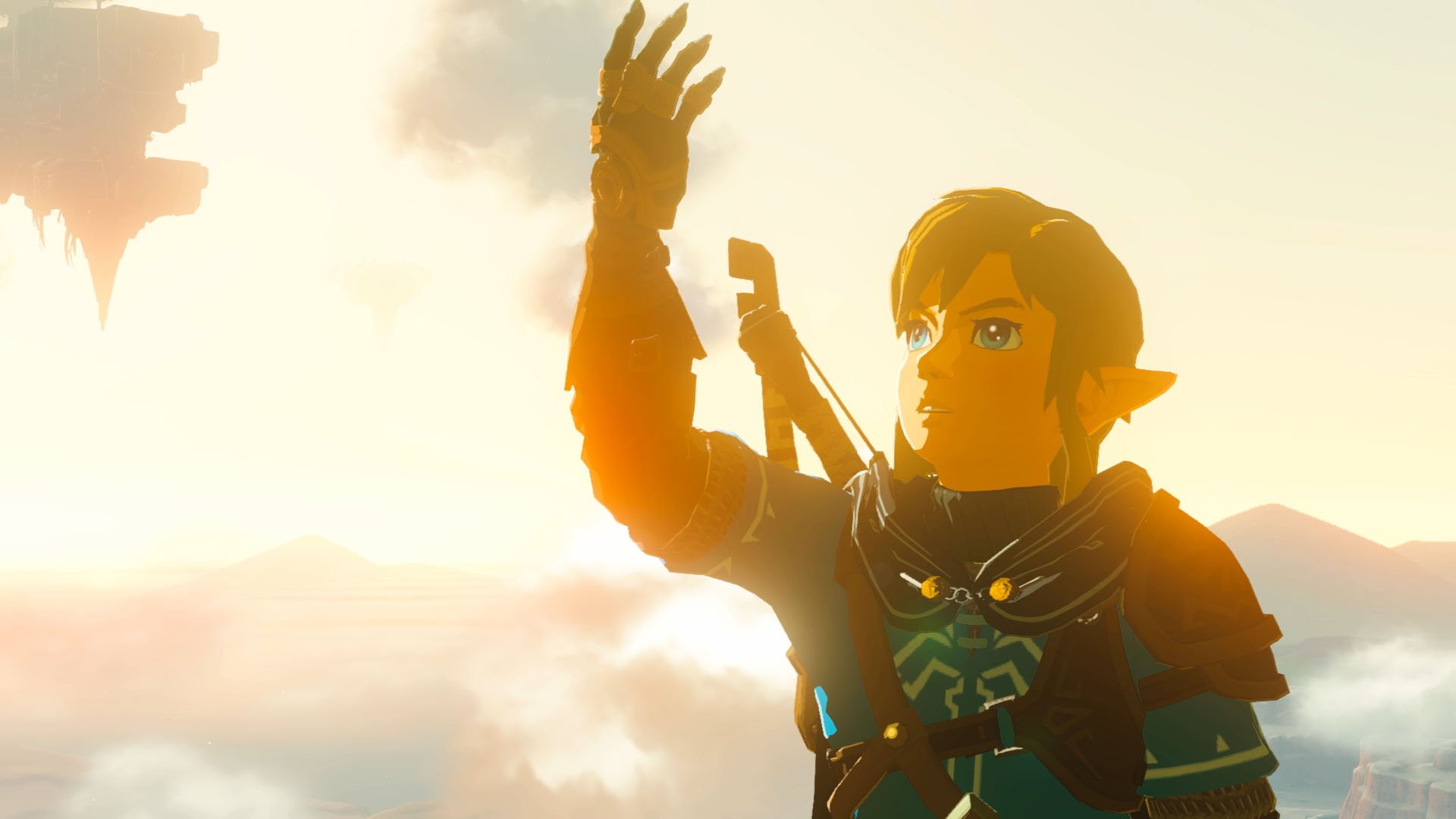Koichi Miura is an artist who’s been working in the industry since 1999. He previously worked on Ridge Racer V, R: Racing Evolution and Time Crisis 5 for Bandai Namco, as well as Kingdom Hearts HD II.8 and Kingdom Hearts 3 for Square Enix.
Miura is credited as a landscape artist on The Legend of Zelda: Tears of the Kingdom but, as reported by Automaton, he recently posted on X (formerly Twitter) to say he had quit the company because he felt it was only suitable for people who were abnormally gifted at game devlopment.
“Nintendo is an incredible company, but I wouldn’t lightly recommend it to others,” Miura said (translated by Automaton).
“It was like a haven for geniuses and superhumans, but for an average person like me, it was hell. However, thanks to this, I was able to realise that I wasn’t suited for the role and found the confidence I needed to pursue other goals.
“This was the biggest accomplishment that working for Nintendo brought me. I don’t have a single regret for having aspired to work there , getting the job, and then ultimately quitting it.”
To avoid any misunderstanding, Miura reiterated that he felt Nintendo was “a really good company”, that “the staff were wonderful people”, and that he was “amazed they could produce such great products one after the other”.
In a separate tweet, Miura shared that he earned less than $40,000 at Bandai Namco between 1999 and 2015, that he earned more than $46,000 working at Square Enix, and that when he moved to Nintendo in 2019 he started earning over $70,000.
Miura noted that game industry salaries aren’t often revealed in Japan, but as a freelancer no longer looking for permanent employment, he thought it would be helpful to reveal his salary information to others in the hope that it would improve working conditions and transparency.
Honestly, I’m shocked how low the pay was for the lead artist behind the Zelda landscape. Or is that normal pay for this category?
That’s sort of the game industry in general, low wages, shit hours, high turnover.
I mean it depends on country. Keep in mind that in the US by comparison you earn a lot but cost of living is high + you need to pay for a lot of things yourself, so the number can be misleading.
I would be more interested in seeing comparisons with other fields of work.
Human capital is the most expensive direct cost of business. Reducing it as much as possible is the goal of any business.
That’s the game industry for you, especially outside of USA. Tech salaries in general are somewhat low outside of USA.
Well, that’s one way to retain superior talent.
But yes, it’s always specifically irritating to be around people much smarter and more talented than you. You literally can’t understand them much of the time, by the time your brain has processed one thing they’re saying, they’ve covered two more.
And no matter how smart you are, unless you’re the actual statistical top dog, some people out there can do this to you.
I always feel a touch bad for those people that did really, really well in HS and then go to college. That’s where I learned this anyway, I had just been the biggest fish in what was actually a pathetically small pond. Universities and professional workforces are not so small though, and they finally get barriers to entry, where everyone isn’t supposed to start at a certain age and eventually succeed. Was certainly a shock. lol
I don’t disagree with any of this, but I do also want to point out that it can sometimes be difficult to distinguish between “everyone here is smarter and more talented than me” and “everyone here has more experience than me at this particular thing”. Because when you’re a small-pond fish that is suddenly thrown into the big pond, it doesn’t necessarily mean you don’t belong. However, you can still get that shock when you can’t follow discussions as fluidly (and that’s how to get imposter syndrome)!
That’s a really good point too. It’s amazing how much of it is just acquirable skill instead of any kind of inherent quality, and you can’t really distinguish the difference from the starting line either.
Like, as simple an example as technical vocabulary and jargon. Without knowledge its all gibberish, but with just a little bit of time and effort, it begins to all become readable.
Appreciate his honesty.
It was probably plain old hell for everyone, he just decided not to put up with it anymore.
While that certainly could be a conclusion drawn from this single source, we have alot of sources of people who have worked for Nintendo for more than a decade and love it.
Yeah, pretty much. But he probably can’t outright criticize Nintendo if he wants to keep receiving any game development work in Japan, so he does the classic, “negative feedback balanced with positive praise.”





